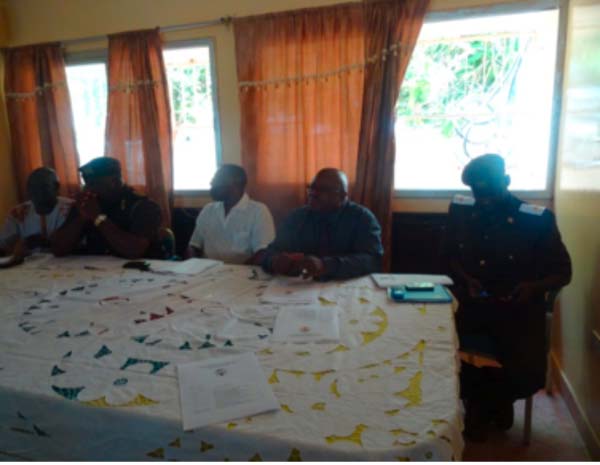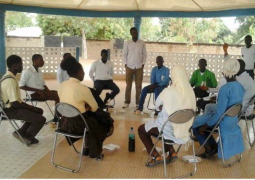
The training, held at the GAFNA office in Bakau, covered areas such as marketing, record keeping, costing and pricing, and business planning.
The capacity building, funded by the United Nations High Commissioner for Human Rights (UNHCR), is mainly to provide refugees with the requisite knowledge on how to manage their business portfolio effectively and efficiency.
Dr Reuben Mboge, chairman of GAFNA board of directors, said the purpose of the training is to provide participants with the requisite knowledge and skills in entrepreneurship.
“This will enable them to be engaged in and effectively manage their income-generating activities like petty trading,” he said.
Dr Mboge noted that refugees are located in various parts of The Gambia “but the conditions of those in urban areas are more critical in terms of means of livelihood” because they have to cater for their living and that of their dependents for such essentials of life as housing, feeding and other social needs.
He said that some time ago, some of the participants were provided with start-up capital or working tools and other types of support to enable them engage in income-generation activities to be self-employed.
Yusufa J. Gomez, executive secretary of GAFNA, said the conflicts in the southern region of Senegal (Cassamance) and in other African countries such as Ivory Coast, Democratic Republic of Congo and Togo has led to an influx of 11,000 refugees to The Gambia.
“Some of these people find it difficult to find their feet in the country if they are not given the required support to be engaged in income-generation activities,” he said.
It is expected that by the end of the four days, the participants would be well-equipped to manage their various petty trades and possibly develop them further.




